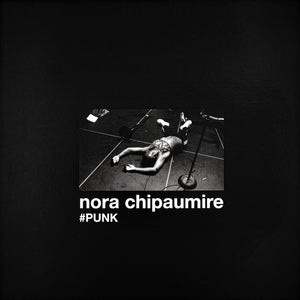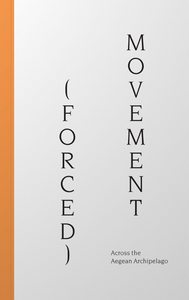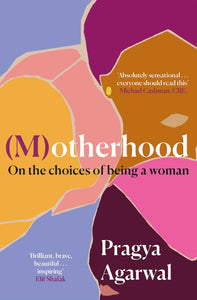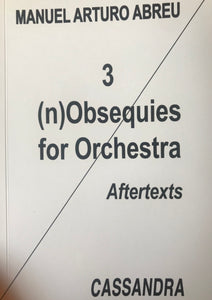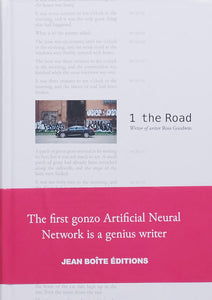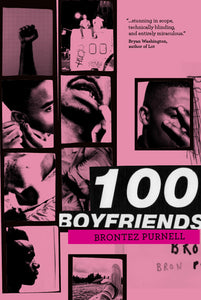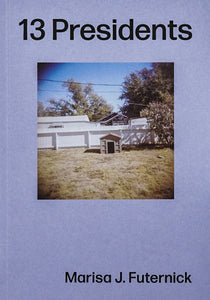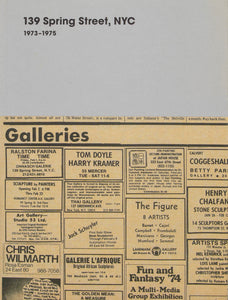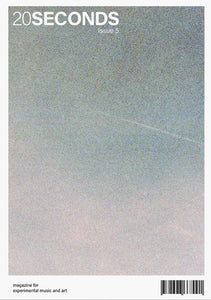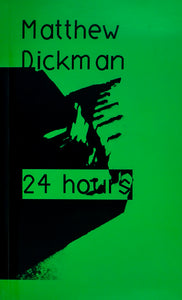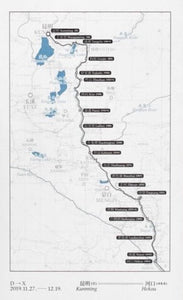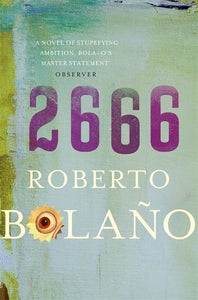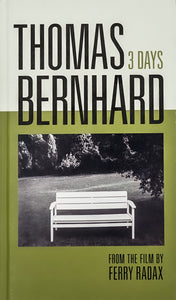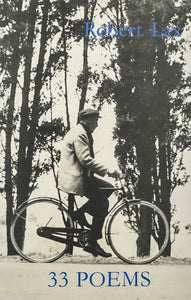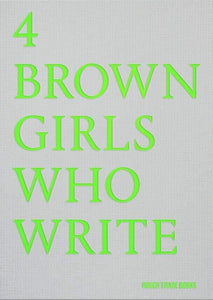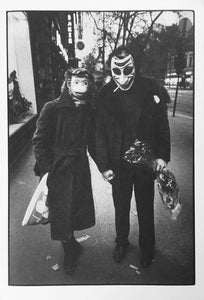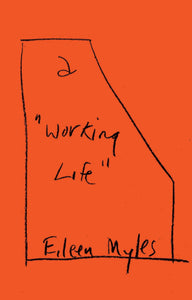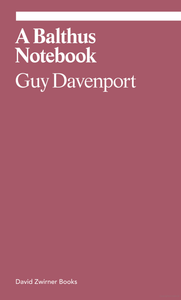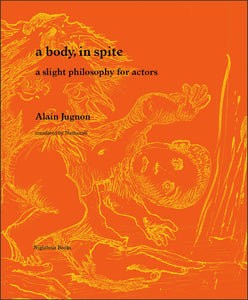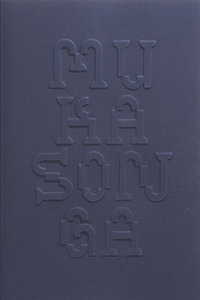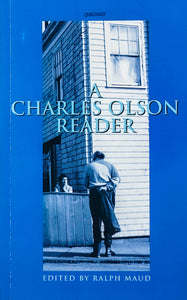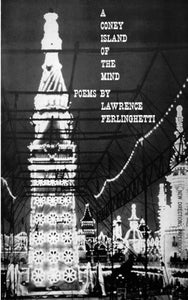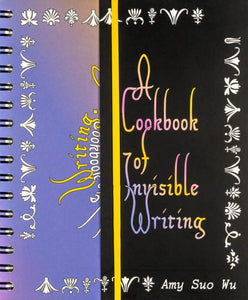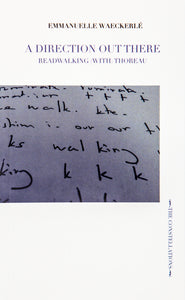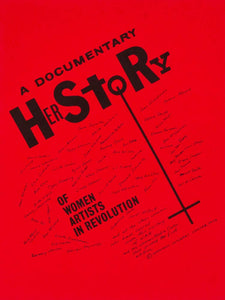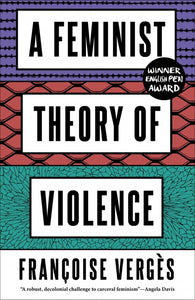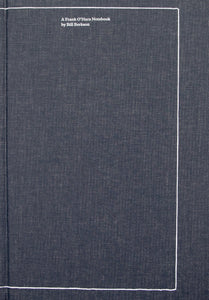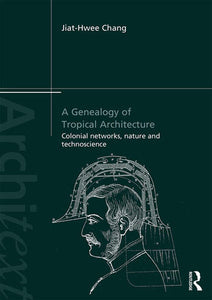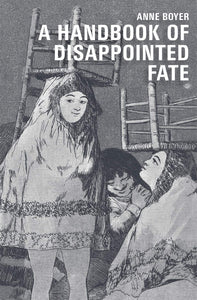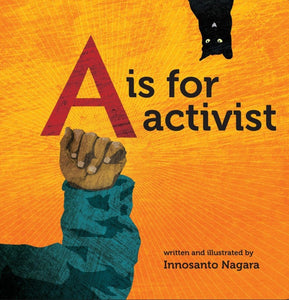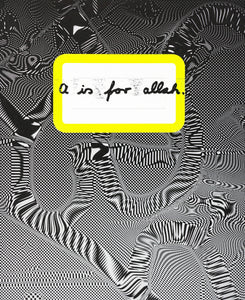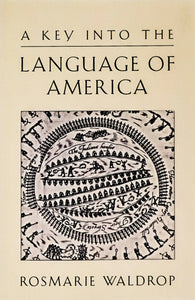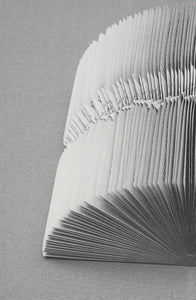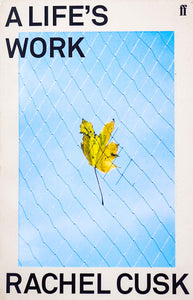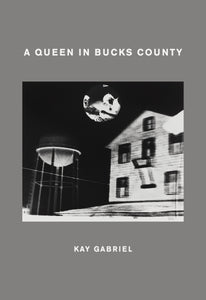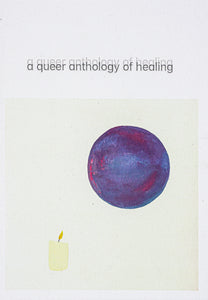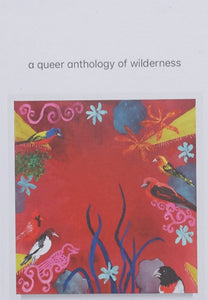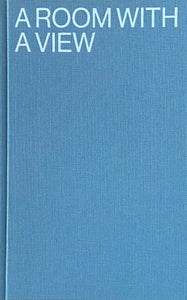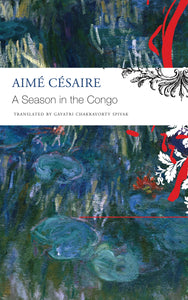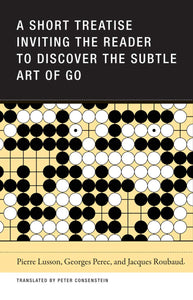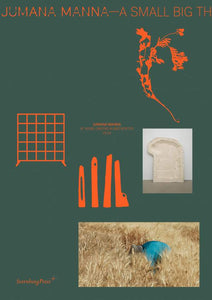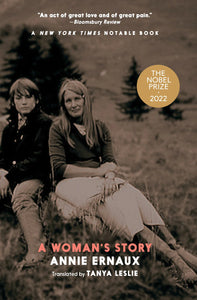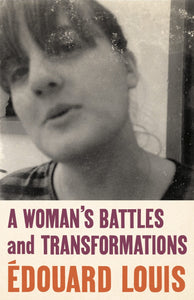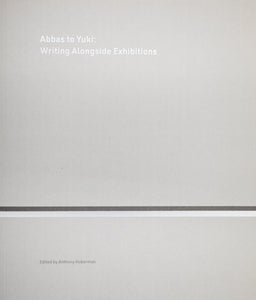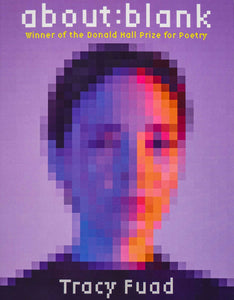Muhammad
Maxime Rodinson

Maxime Rodinson, both a maverick Marxist and a distinguished professor at the Sorbonne, first published his biography of Muhammad in 1960. The book, a classic in its field, has been widely read ever since. Rodinson, though deeply versed in scholarly studies of the Prophet, does not seek to add to it here but to introduce Muhammad, first of all, as “a man of flesh and blood” who led a life of extraordinary drama and shaped history as few others have. Equally, he seeks to lay out an understanding of Muhammad’s legacy and Islam as what he called an ideological movement, similar to the universalist religions of Christianity and Buddhism as well as the secular movement of Marxism, but possessing a singular commitment to “the deeply ingrained idea that Islam offers not only a path to salvation but (for many, above all) the ideal of a just society to be realized on earth.”
Rodinson’s book begins by introducing the specific land and the larger world into which Muhammad was born and the development of his prophetic calling. It then follows the steps of his career and the way his leadership gave birth to a religion and a state. A final chapter considers the world as Islam has transformed it.
Rodinson’s book begins by introducing the specific land and the larger world into which Muhammad was born and the development of his prophetic calling. It then follows the steps of his career and the way his leadership gave birth to a religion and a state. A final chapter considers the world as Islam has transformed it.
Year
2021
Length
432 pages
Cover
Paperback
Binding
Perfect binding
Dimensions
12,7 x 20,3 cm
